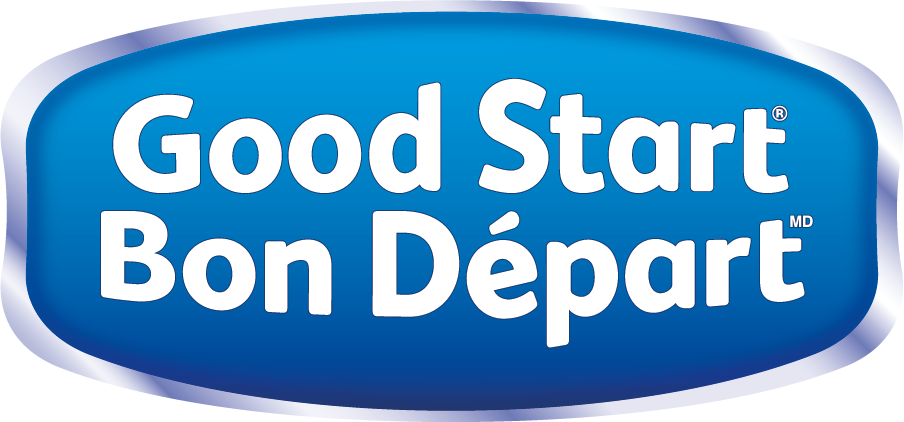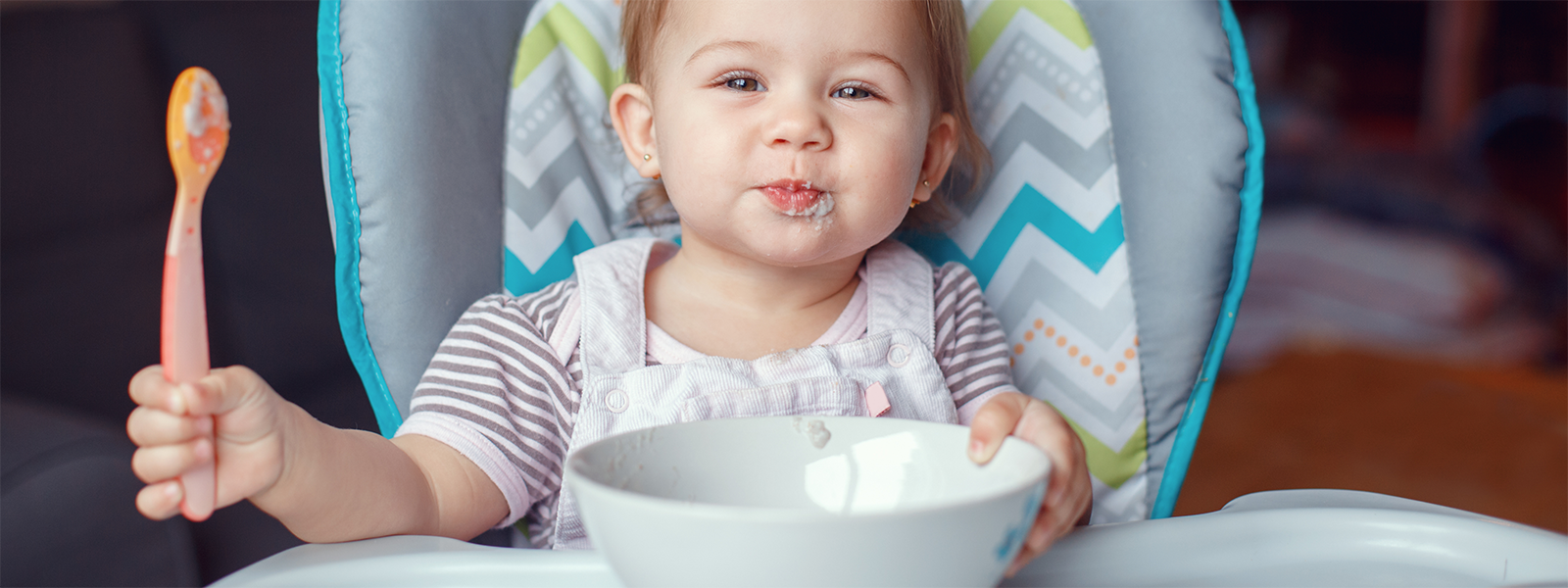Feeding a toddler can be quite an adventure! These early years are important for your child’s growth and development, and for establishing lifelong healthy eating habits. By creating a regular schedule of meals and snacks, offering a variety of foods from Canada’s Food Guide, and making mealtimes positive family experiences, you can help your toddler grow and thrive. Here are some tips to set your little one up for success:
Encouraging Healthy Eating Habits
Building a positive relationship with food and mealtimes early on can help set your toddler up for better eating habits later in life. Here are some ways you can foster a balanced approach1:
- Eat together as a family: When you share meals with your toddler, it not only gives them the chance to observe healthy eating and social behaviors, but it also helps shape their food preferences and eating habits based on the choices and attitudes they see.
- Keep a consistent routine: Serving meals and snacks at regular times each day helps your toddler understand mealtime expectations and feel more secure.
- Offer a variety of foods: Introducing different flavours, colours, and textures early and often can help increase your toddler’s acceptance of new foods and prevent nutrient gaps.
- Create distraction-free meals: Turn off screens and put away toys during mealtimes. This helps your toddler focus on eating and learn to listen to their natural hunger and fullness cues.
Transitioning from Bottle to Cup
Switching from a bottle to a cup is an important developmental milestone that supports oral and motor skill development. With your help, you can make this transition smooth and positive2:
- Start early: Around six months of age, offer small sips of water from an open cup to help your baby begin developing drinking skills, alongside breastfeeding or formula-feeding.
- Make it gradual: Gradually offer an open cup at mealtimes, giving your toddler small amounts of fluid while slowly reducing bottle feedings.
- Choose healthy beverages: In the first year, breast milk and/or infant formula should remain your baby’s main source of nutrition. Between 9 and 12 months, you can start offering whole (3.25% M.F.) cow’s milk once your baby is eating a variety of iron-rich foods. Toddlers need lots of energy so continue to give them up to 500 mL (about 2 cups) of whole milk per day until they are 2 years old. If your toddler is thirsty, offer water instead of fruit juice.
Managing Picky Eating
Picky eating is a common phase in toddlerhood, but with patience and consistency, you can help your child develop a healthy, balanced diet3:
- Be patient with new foods: It’s normal for toddlers to need multiple exposures before accepting a new food. Keep offering a variety of healthy options without pressure.
- Be a role model: Your toddler is more likely to try new foods when they see you enjoying them too.
- Get them involved: Let your toddler help with simple tasks like washing vegetables or stirring ingredients. Being involved in meal preparation often makes them more excited to eat.
- Stick to a routine: Offering regular meals and snacks at consistent times helps your toddler know what to expect and supports better eating habits.
By creating a positive, structured mealtime routine and offering a wide variety of foods, you can support your toddler’s healthy growth and set the stage for lifelong positive eating habits.
Toddlerhood is an important time for building healthy eating patterns. For more information, additional support, or if you have any questions, speak with your healthcare provider.
Footnotes:
1. Health Canada, Canadian Paediatric Society, Dietitians of Canada, & Breastfeeding Committee for Canada. 2014. Nutrition for Healthy Term Infants: Recommendations from six to 24 months.
2. HealthyChildren.org, 2023. From Bottle to Cup: Helping Your Child Make a Healthy Transition. Accessed February 2025. https://www.healthychildren.org/English/ages-stages/baby/feeding-nutrition/Pages/Discontinuing-the-Bottle.aspx
3. HealthLinkBC, 2022. Helping Your 1 to 3 Year Old Child Eat Well. Accessed February 2025. https://www.healthlinkbc.ca/healthlinkbc-files/helping-your-1-3-year-old-child-eat-well










